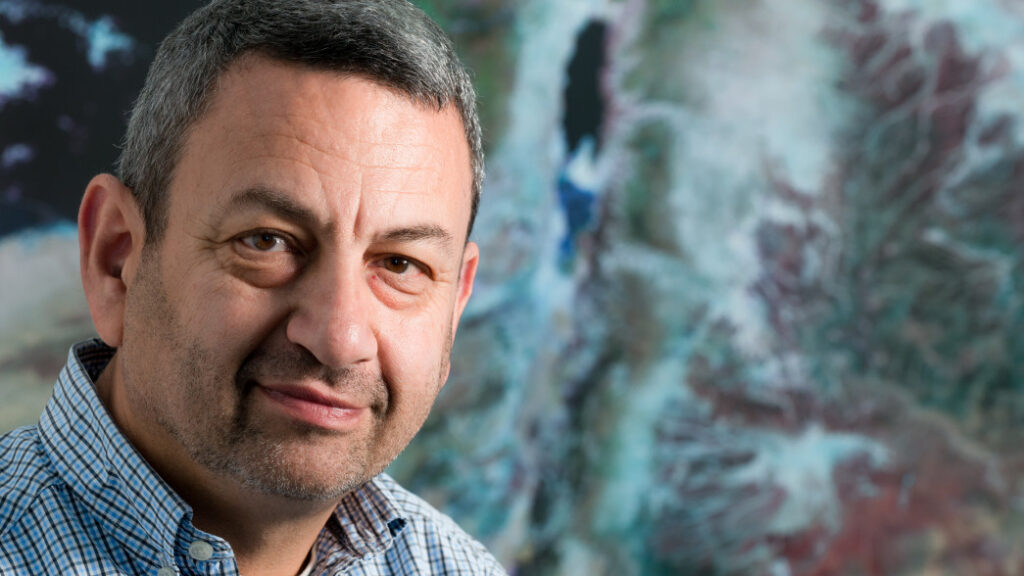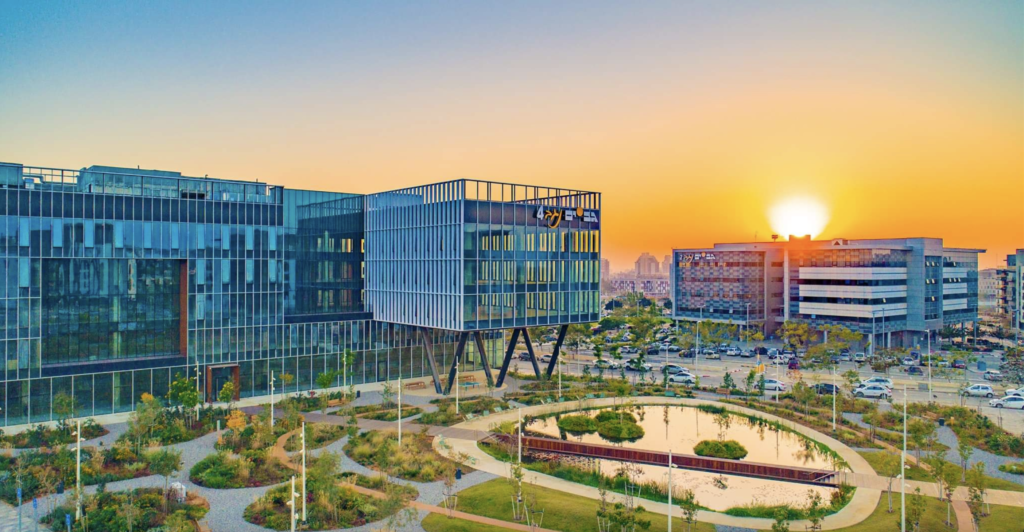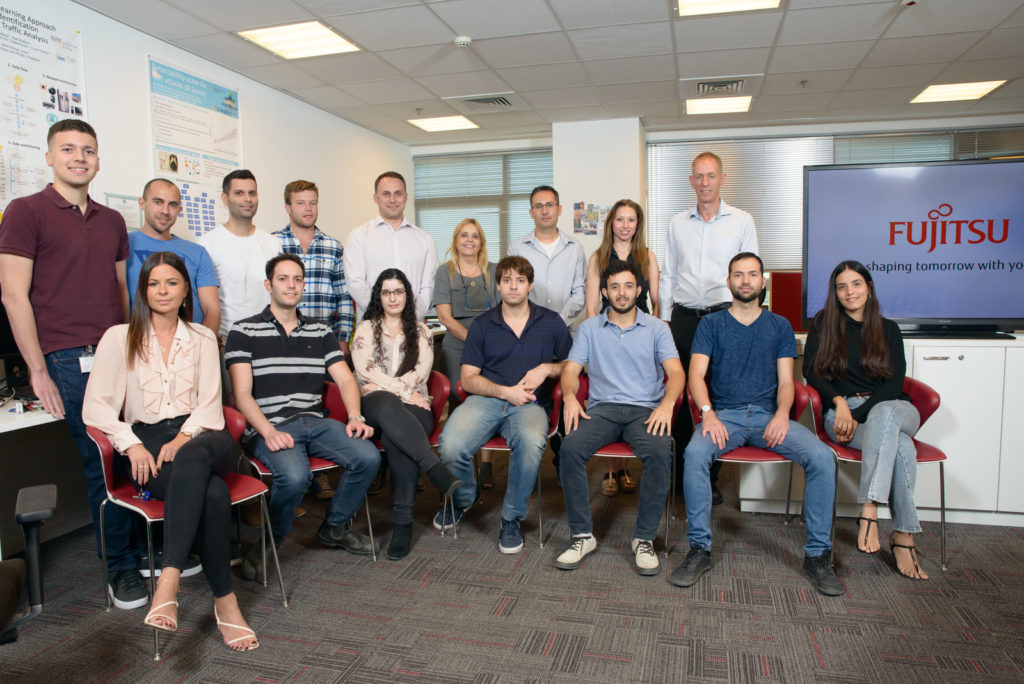
BGU and the U.N. Develop Space Tech
BGU and the U.N. Develop Space Tech
October 16, 2020
Homeland & Cyber Security, Natural Sciences
The Jerusalem Post — The United Nations Office for Outer Space Affairs (UNOOSA) and Ben-Gurion University of the Negev (BGU) signed a Memorandum of Understanding (MoU) to create a partnered regional office with the UNOOSA program, “United Nations Platform for Space-Based Information for Disaster Management and Emergency Response (UN-SPIDER).”
The Regional Support Office (RSO), as it’s dubbed in the program, has regional centers that work directly with UN-SPIDER to collaborate with the U.N. body on technical advisory support, capacity building and outreach for leveraging space for disaster risk reduction.
A few areas in particular where BGU and the U.N. will work closely include emergency response, building space-based technologies meant to detect disasters and sharing this information with scientists worldwide.
“This is an exciting moment where we will be making our long-term scientific knowledge available to support relief efforts when needed,” says Prof. Dan Blumberg, BGU’s vice president for regional and industrial development.
“Our ability to observe earth from space and rapidly analyze complex imagery is being put to good use worldwide, mitigating disasters such as tsunamis, earthquakes, drought, and others,” says Prof. Blumberg.
The RSO will be located in the BGU Earth and Planetary Image Facility (EPIF), which is also a regional partner of NASA, and it will work toward developing a satellite as well as work on research to advance remote sensing capabilities within airborne technologies.
“We wish our university and UNOOSA a fruitful collaboration on capacity building and training in this very important field,” says Prof. Blumberg.




